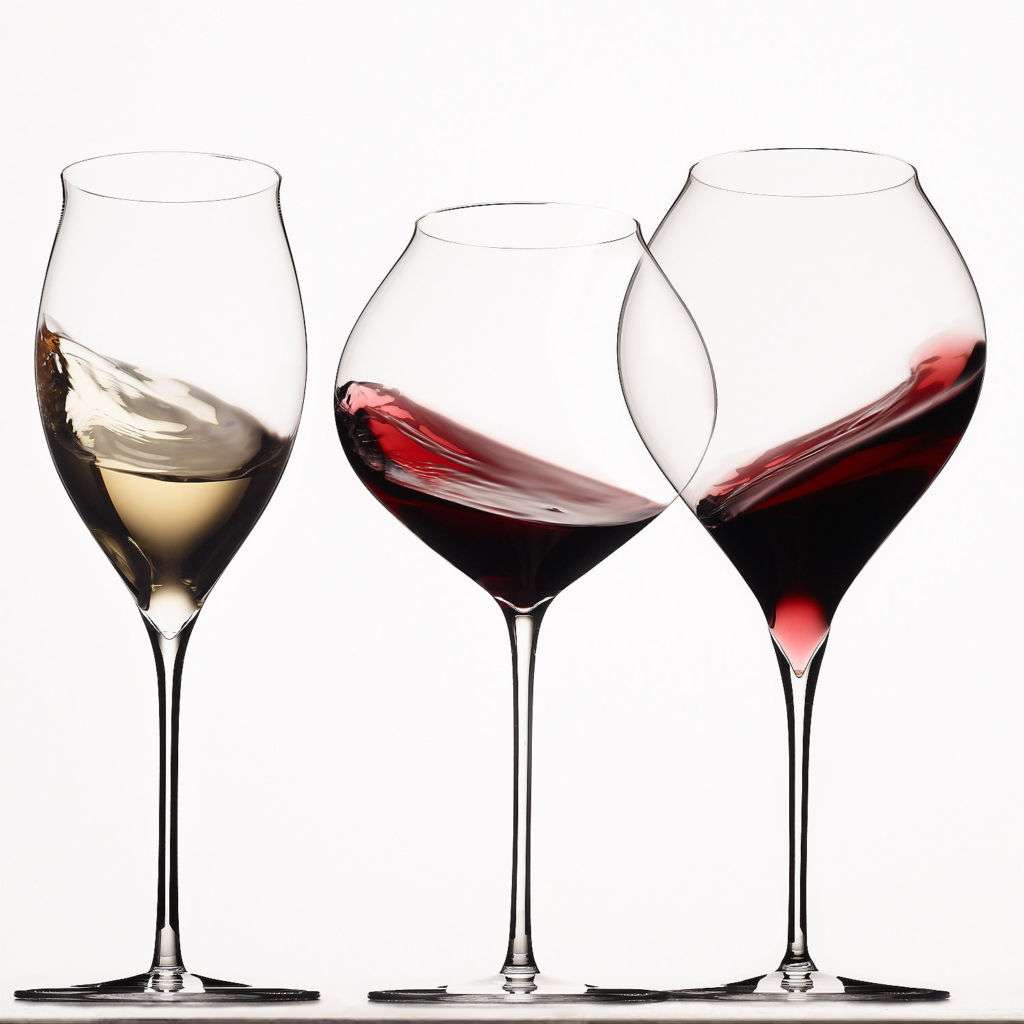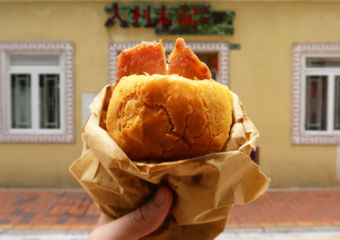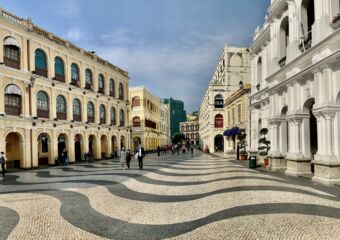Since I started my work at Claret Wines there’s a question I hear a lot: “What do you mean organic? Biodynamic? What?”
When I say that Claret Wines has an exciting portfolio working exclusively with smaller, family-owned estates, many of whom follow biodynamic practices, I get tons of questions or remarks like “it must be more expensive”, or “it won’t taste as good as regular wine”, and my favorite—“the wine maker must be a weirdo!”
None of this is true and I will help you clarify some of these terms, show you some of their official logos (that you will find in every organic or biodynamic wine) and how to go about trying them for yourself.
The two terms are defined and regulated: “organic” and “biodynamic”.
An organic or biodynamic wine can have a conventional taste; a natural wine is essentially a fermented grape juice.
Organic wine is made from organically grown grapes (grapes that have not been exposed to synthetic chemicals) and is also made without adding sulfite (natural sulfite will still be present).
Biodynamic wine is similar to the organic one (neither has chemicals) but biodynamic farming treats the vineyard as a single ecosystem, incorporating ideas about the vineyard related to astrological influences and lunar cycles. Also the wine is not made with yeast addition or acidity adjustment.
Natural wines don’t require any official certification (it’s a movement not a label) but generally don’t have added acids or yeast and less sulfur. The wine is unfiltered and/or unclarified and can appear cloudy. It’s unlikely that you will find this “natural” wine here in Macau.
If you’re interested in these things, we often do wine tasting events, you can always contact me at [email protected].
Claret Wines Block 2 10F-N Centro Industrial Kek Seng, 157 Avenida de Venceslau de Morais, Macau,
+853 2841 0258 / +853 2841 0259, http://claret-wines.com


































